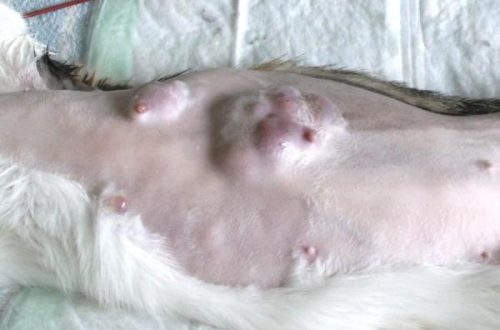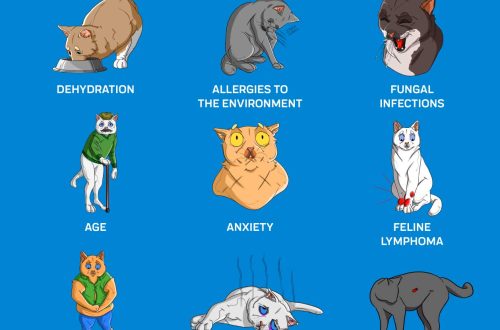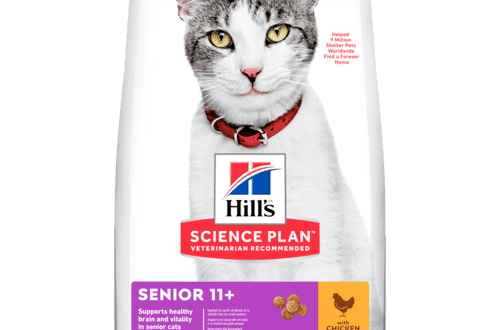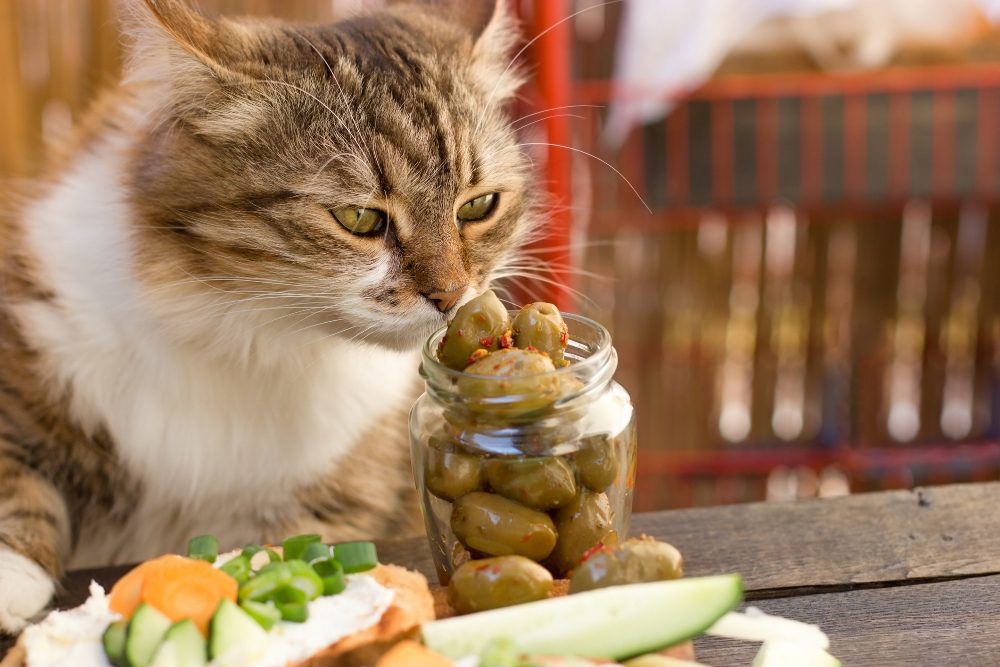
Can cats have olives
Some owners have noticed that their kitties come running to the smell of olives as soon as they open a jar. Perhaps, by offering a fragrant berry, many saw how the pet rejoices in response. But can cats eat olives? What about olive oil? Of course, sharing with a furry friend is very nice, but there are a few things to consider.
Contents
Why do cats love olives?
No scientific research has been conducted to elucidate the mysterious reasons for such an unbridled love of cats for olives, but there are a number of theories about this. Perhaps some cats just enjoy the taste of olives or the process of interacting with the owner during the treat. Others may enjoy the sensations in their body after eating the berries. According to Wired, the reason for this lies in the fact that olives, especially green ones, contain an active chemical compound that is very similar in structure to the nepetalactone found in catnip. Nepetalactone is the active chemical that is thought to be responsible for the funny behavior that cats are famous for after eating catnip leaves, stems and flowers.
As Mental Floss points out, nepetalactone is an organic chemical that interacts with a cat’s vomeronasal organ. The vomeronasal organ in cats and other mammals is located at the top of the posterior pharyngeal wall, although most scientists agree that humans do not have this organ. Essentially, the vomeronasal organ is a highly sensitive “olfactory brain” that cats use to detect pheromones, or sex hormones, secreted by other cats, by which they signal they are ready to breed. Is your cat crazy about olives? Nepetalactone stimulates pheromone receptors in the cat’s vomeronasal organ, which cause mind-altering effects. They lead to unusual, peaceful or, conversely, agitated behavior. Under the influence of nepetalactone, the cat may begin to roll on the floor, become more perky and playful than usual, and her pupils may dilate.
However, not all cats become mischievous after eating catnip or olives. A pet may simply love the taste of olives and show no change in behavior after eating them.
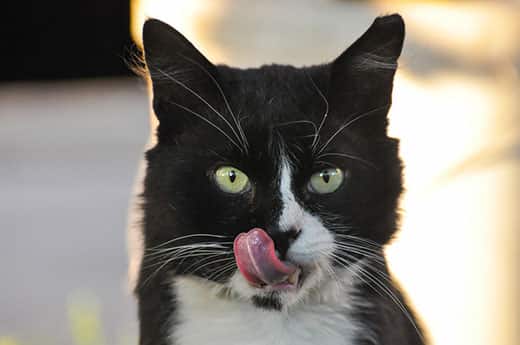
The cat eats olives. Is it safe?
In general, olives are not a dangerous food for cats. In very small amounts, they are considered safe to consume. If a fluffy pet eats a few olives a couple of times a week, that is, less than a whole olive at a time, nothing bad will happen. But it is important that she has already eaten olives before without any unwanted side effects.
If for humans olives are considered a healthy snack, then in the case of cats they should be considered exclusively as a treat that contains empty calories. But even though olives can be delicious and can cause funny changes in a cat’s behavior, it should be remembered that they contain a lot of sodium, so, like any other treat, they should make up no more than 10% of her daily calorie intake>
Can cats eat olive oil
For humans, olive oil is considered a healthy product, but adding it to a cat’s diet is considered not the best idea.
It is not considered toxic to animals, but excessive consumption of any fat, including olive oil, can cause diarrhea and vomiting in a cat. However, if the cat tries some of its owner’s food cooked in olive oil, there is nothing to worry about, provided that after that the cat does not show any undesirable symptoms.
Cat reaction to olives: risks
In general, eating olives or olive oil by a cat does not pose any particular health risks other than mild stomach upset or diarrhea. If any adverse side effects are noticed after the pet has eaten the olive, do not give him this treat anymore.
Olives are often stuffed with various fillings that are tasty to humans, such as blue cheese, almonds, garlic, sausage, or pickled jalapeno peppers. If olives are not considered toxic to animals, then this cannot be said for sure about such fillers. Do not give your cat stuffed or pitted olives. The latter can cause choking or cause intestinal obstruction if swallowed.
Another major problem associated with olives and olive oil is sodium toxicity. According to the Department of Agriculture and Natural Resources at the University of California, “harvested olives are processed to remove bitterness from them and improve their taste.” This is usually achieved by aging in the marinade. Pickled olives contain a lot of sodium, so their constant presence in a cat’s diet can lead to a dangerous excess of salt in her body.
Olives are not a healthy treat for a cat if they have health problems that can be affected by sodium levels, such as heart or kidney disease. However, rinsing olives with water does not reduce their sodium content. However, healthy animals can usually eat a quarter of a large or half of a small olive a couple of times a week without much harm to health. It is best to always limit the amount of treats your pet consumes in addition to her usual food – they should not exceed 10% of the daily calorie intake. In addition, a veterinarian should be consulted before giving any food not specifically formulated for cats.
See also:
How to Read Pet Food Labels Festive Plants That Can Be Dangerous for Cats Cats and Sweets: A Safe Halloween for Your Cat How to properly feed and treat your cat



